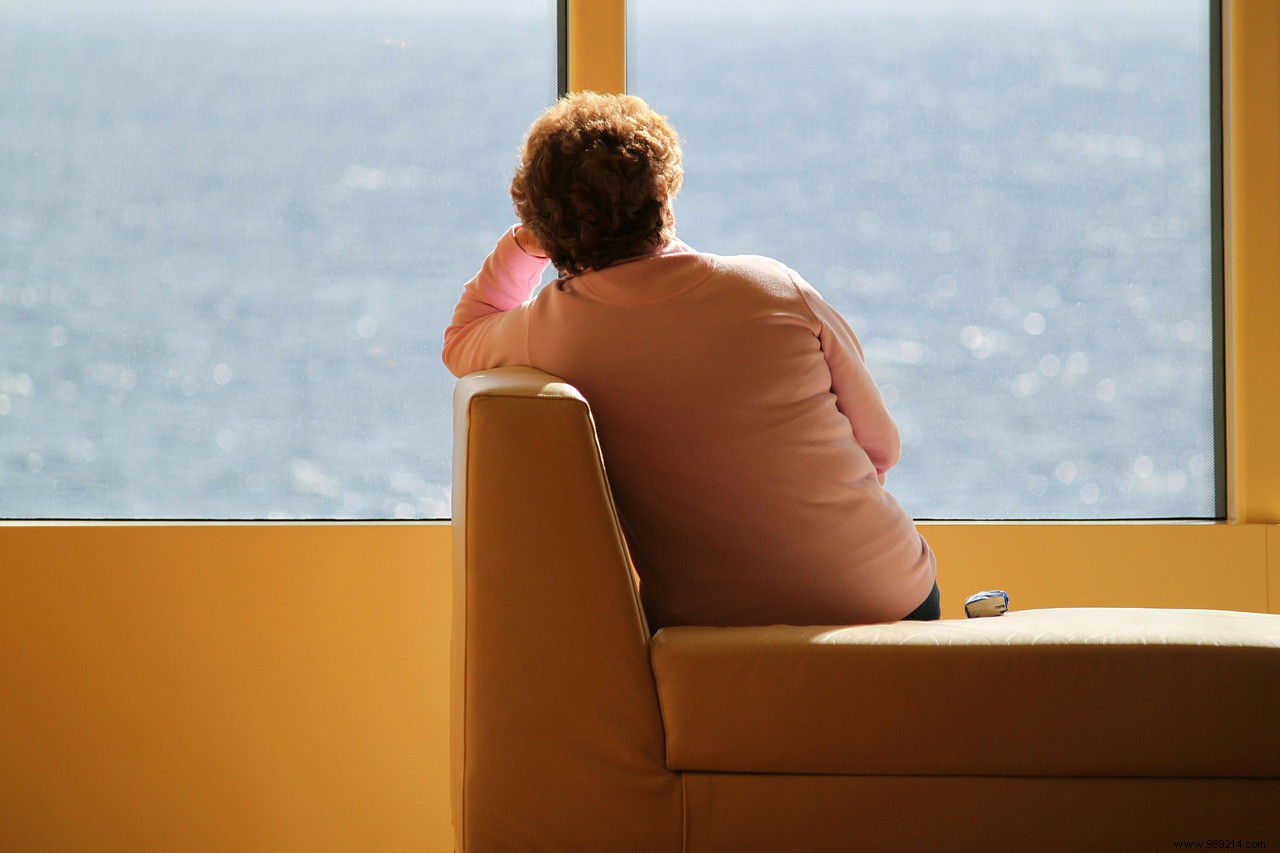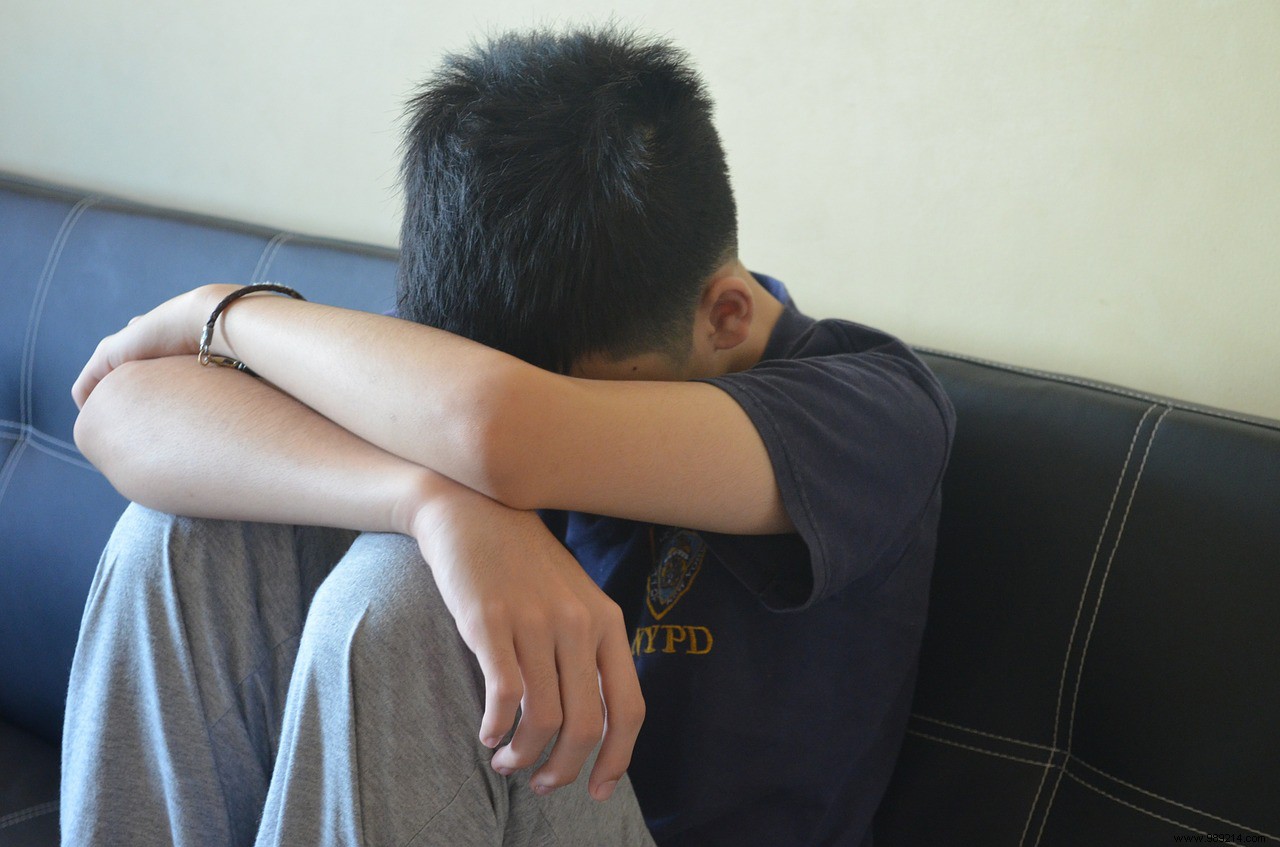
According to statistics, nearly two out of five French people today suffer from depression (among stepfathers, 57% are likely to have one). This mental illness affects all social classes, regardless of age or gender. And in recent years, we have seen that children and adolescents are also affected.
As the expression "being depressed" is commonly used in everyday life, we tend to forget that depressive disorder is a real illness requiring psychiatric treatment without further delay. Be careful, serious cases can even lead to suicide. Caution is required, however, because it is important to distinguish between depression and depression. Being plagued by temporary and occasional sadness and blues does not qualify as a depressive disorder.
Moping and feeling blue can happen to anyone at some point in their life. We only speak of depression when this malaise, sadness and despair become permanent, but above all chronic, to the point of influencing the person's mood, his psychological and physical well-being, the quality of his life, as well as his sociability.
At first, the depressive state will manifest itself physically. The person is continually tired. And sleep or rest do not improve this feeling of lack and loss of energy. This episode is usually accompanied by insomnia and an eating disorder. With also a decrease in libido and sexual appetite. The depressed lose weight visibly and suffer from concentration and memory problems.
At the same time, the individual is in a changeable mood with a predominance of irritability and aggressiveness. However, paradoxically, the person will develop an extraordinary emotional sensitivity, thus having easy tears. In addition, there will be a loss of confidence and self-esteem. But also an intense feeling of loneliness, despair, anxiety and pessimism, as well as a complete disinterest in social life and activities once enjoyed.

If these symptoms persist over a period of fifteen days, consultation with a psychiatrist, if not a child psychiatrist for children or a geriatric psychiatrist for seniors, is essential. Once the diagnosis is made, treatment will be prescribed depending on the degree of depression of the patient. In the case of mild disorders, total rest and therefore sick leave for workers ranging from several weeks to a few months will help the person to come out of their depressive state.
This treatment can be combined with therapeutic sessions with the psychiatrist. On the other hand, antidepressants and anxiolytics are prescribed as soon as the depression is qualified as moderate or severe. Finally, for those with severe depression or when the idea of suicide is omnipresent, hospitalization in a psychiatric setting is necessary.